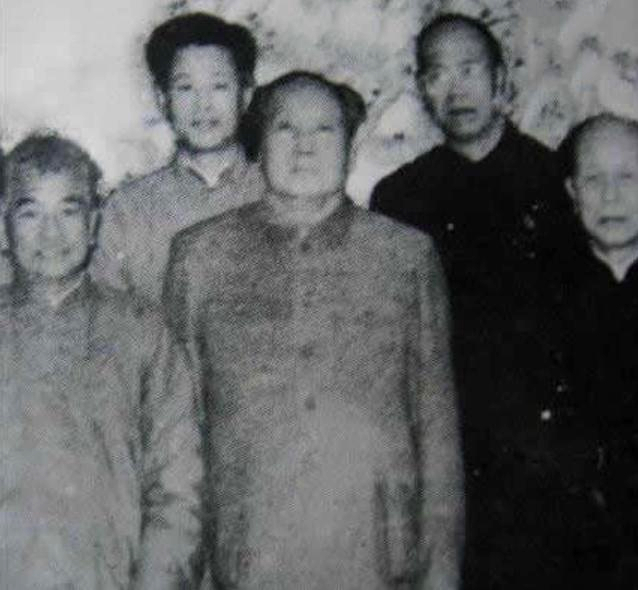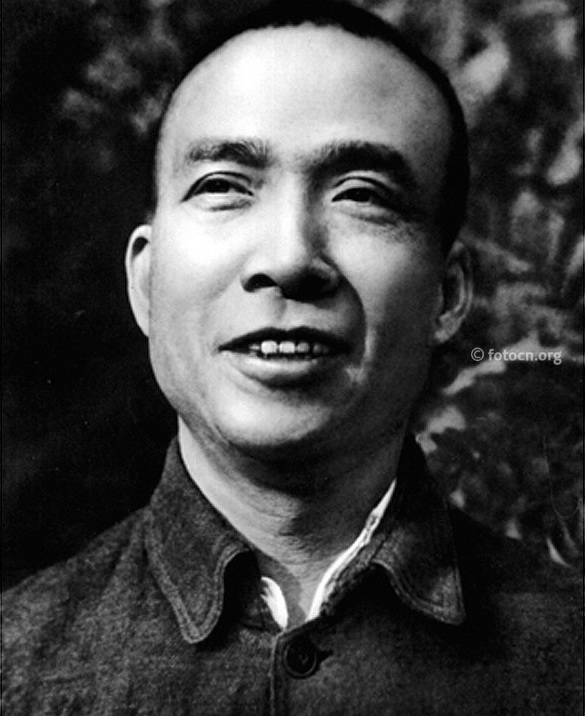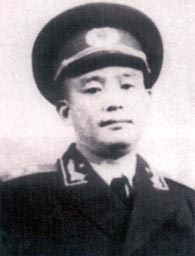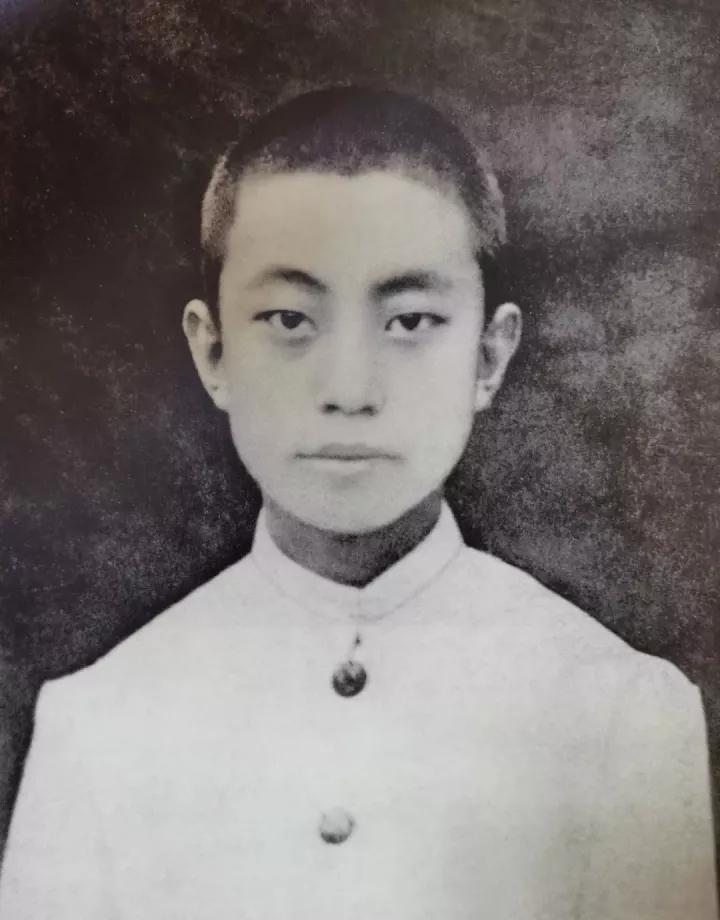|
ňŤŻň«ÂňĆĹň▒ĽňĺîŠö╣ÚŁęňžöňĹśń╝Ü
The National Development and Reform Commission of the People's Republic of China (NDRC), formerly State Planning Commission and State Development Planning Commission, is a macroeconomic management agency under the State Council, which has broad administrative and planning control over the economy of Mainland China. It has reputation of being the "mini-state council". The candidate for the chairperson of the NDRC is nominated by the Premier of the People's Republic of China and approved by the National People's Congress. Since February 2017 the commission has been headed by He Lifeng. Synopsis The NDRC's functions are to study and formulate policies for economic and social development, maintain the balance of economic development, and to guide restructuring of the economic system of Mainland China. The NDRC has twenty-six functional departments/bureaus/offices with an authorized staff size of 890 civil servants. Prior to 2018, it was also responsible for enforcing China' ... [...More Info...] [...Related Items...] OR: [Wikipedia] [Google] [Baidu] |
Ministries Of The People's Republic Of China
The executive branch of the central government of the People's Republic of China, the 13th State Council, is currently made up of 26 Constituent Departments of the State Council (). The 26 cabinet-level executive departments are: * 21 ministries (), * 3 commissions () ( Development and Reform, Ethnic Affairs, and Health), * the People's Bank of China as the central bank, and * the National Audit Office. Executive chiefs of each department (ministers in charge of the ministries and commissions, governor of the People's Bank, and auditor-general of the National Audit Office), along with the State Council's premier, vice-premiers, state councilors, and secretary-general, are ''ex officio'' members of the cabinet, officially named the Constituent Members of the State Council (), who together determine major issues at normally semi-annual Plenary Meetings of the State Council () . List of current Constituent Departments List of former Constituent Departments Dissolv ... [...More Info...] [...Related Items...] OR: [Wikipedia] [Google] [Baidu] |
State Council Of The People's Republic Of China
The State Council, constitutionally synonymous with the Central People's Government since 1954 (particularly in relation to local governments), is the chief administrative authority of the People's Republic of China. It is chaired by the premier and includes each cabinet-level executive department's executive chief. Currently, the council has 35 members: the premier, one executive vice premier, three other vice premiers, five state councilors (of whom three are also ministers and one is also the secretary-general), and 26 in charge of the Council's constituent departments. The State Council directly oversees provincial-level People's Governments, and in practice maintains membership with the top levels of the CCP. Aside from very few non-CCP ministers, members of the State Council are also members of the CCP's Central Committee. Organization The State Council meets every six months. Between meetings it is guided by a (Executive Meeting) that meets weekly. The standin ... [...More Info...] [...Related Items...] OR: [Wikipedia] [Google] [Baidu] |
Central People's Government Of The People's Republic Of China (1949ÔÇô54)
The State Council, constitutionally synonymous with the Central People's Government since 1954 (particularly in relation to local governments), is the chief administrative authority of the People's Republic of China. It is chaired by the premier and includes each cabinet-level executive department's executive chief. Currently, the council has 35 members: the premier, one executive vice premier, three other vice premiers, five state councilors (of whom three are also ministers and one is also the secretary-general), and 26 in charge of the Council's constituent departments. The State Council directly oversees provincial-level People's Governments, and in practice maintains membership with the top levels of the CCP. Aside from very few non-CCP ministers, members of the State Council are also members of the CCP's Central Committee. Organization The State Council meets every six months. Between meetings it is guided by a (Executive Meeting) that meets weekly. The standing c ... [...More Info...] [...Related Items...] OR: [Wikipedia] [Google] [Baidu] |
Zhao Ziyang
Zhao Ziyang ( zh, ŔÁÁš┤źÚś│; pronounced , 17 October 1919 ÔÇô 17 January 2005) was a Chinese politician. He was the third premier of the People's Republic of China from 1980 to 1987, vice chairman of the Chinese Communist Party (CCP) from 1981 to 1982, and CCP general secretary from 1987 to 1989. He was in charge of the political reforms in China from 1986, but lost power in connection with the reformative neoauthoritarianism current and his support of the 1989 Tiananmen Square protests. Zhao joined the Chinese Communist Party (CCP) in February 1938. During the Second Sino-Japanese War, he served as the chief officer of CCP Hua County Committee, Director of the Organization Department of the CCP Yubei prefecture Party Committee, Secretary of the CCP Hebei-Shandong-Henan Border Region Prefecture Party Committee and Political Commissar of the 4th Military Division of the Hebei-Shandong-Henan Military Region. During the Chinese Civil War of 1945-1949, Zhao served as the Deputy ... [...More Info...] [...Related Items...] OR: [Wikipedia] [Google] [Baidu] |
Li Fuchun
Li Fuchun (; May 22, 1900 ÔÇô January 9, 1975) was a Chinese Communist revolutionary and politician. He served as a Vice Premier of the People's Republic of China. Biography Li Fuchun was born in Changsha, Hunan Province. After completing middle school in his home province, in 1919 he traveled to France to attend a work-study program and here he started his political activity. Fascinated by Marxism, in 1921 he joined the Socialist Youth of China and, in 1922, the Chinese Communist Party (CCP). The following year he married Cai Chang, Cai Hesen's sister. In 1925 he went to study in the Soviet Union, but he returned in China to take part at the Northern Expedition, serving as head of the political division of the National Revolutionary Army's 2nd Army and acting CCP secretary of Jiangxi Province. It was in this period that he met Mao Zedong, working with him at the Peasant Movement Training Institute. Li Fuchun took part at all the Communist Party's major campaigns, including the ... [...More Info...] [...Related Items...] OR: [Wikipedia] [Google] [Baidu] |
Zhou Enlai
Zhou Enlai (; 5 March 1898 ÔÇô 8 January 1976) was a Chinese statesman and military officer who served as the first Premier of the People's Republic of China, premier of the People's Republic of China from 1 October 1949 until his death on 8 January 1976. Zhou served under Chairman Mao Zedong and helped the Chinese Communist Party, Communist Party rise to power, later helping consolidate its control, form its Foreign policy of China, foreign policy, and develop the Economy of China, Chinese economy. As a diplomat, Zhou served as the Chinese Foreign Minister of the People's Republic of China, foreign minister from 1949 to 1958. Advocating peaceful coexistence with Western Bloc, the West after the Korean War, he participated in the Geneva Conference (1954), 1954 Geneva Conference and the 1955 Bandung Conference, and helped orchestrate 1972 Nixon visit to China, Richard Nixon's 1972 visit to China. He helped devise policies regarding disputes with the United States, Taiwan, the So ... [...More Info...] [...Related Items...] OR: [Wikipedia] [Google] [Baidu] |
Yu Qiuli
Yu Qiuli (; 15 November 1914 ÔÇô 3 February 1999) was a Chinese Communist army officer and politician, general of the People's Liberation Army. A veteran of the Long March, he held top military and government positions under both Mao Zedong and Deng Xiaoping and is considered the founding father of the Chinese petroleum industry and the China National Petroleum Corporation.ńŞşňŤŻń║║Š░ĹŔžúŠöżňćŤŃÇŐńŞşňŤŻń║║Š░ĹŔžúŠöżňćŤÚźśš║žň░ćÚóćń╝áŃÇőš╝ľň«íňžöňĹśń╝Ü´╝îńŞşňŤŻńŞşňů▒ňůÜňĆ▓ń║║šëęšáöšęÂń╝ÜŃÇŐńŞşňŤŻń║║Š░ĹŔžúŠöżňćŤÚźśš║žň░ćÚóćń╝áŃÇőš╝ľŠĺ░ňžöňĹśń╝Üš╝ľ. ńŞşňŤŻń║║Š░ĹŔžúŠöżňćŤÚźśš║žň░ćÚóćń╝á šČČ24ňŹĚ. ňîŚń║Č: ŔžúŠöżňćŤňç║šëłšĄż. 2013: 241ÔÇô322. . Following military service as a senior commander and political commissar in the Second SinoÔÇôJapanese War and the Chinese Civil War, Yu then served as Minister of the Petroleum Industry (1958ÔÇô1966), Chairman of the State Planning Commission (1970ÔÇô1980), Vice Premier (1975ÔÇô1982), and Deputy Secretary-General of the Central Military Commi ... [...More Info...] [...Related Items...] OR: [Wikipedia] [Google] [Baidu] |
Hua Guofeng
Hua Guofeng (; born Su Zhu; 16 February 1921 ÔÇô 20 August 2008), alternatively spelled as Hua Kuo-feng, was a Chinese politician who served as Chairman of the Chinese Communist Party and Premier of the People's Republic of China. The designated successor of Mao Zedong, Hua held the top offices of the government, party, and the military after the deaths of Mao and Premier Zhou Enlai, but was gradually forced out of supreme power by a coalition of party leaders between December 1978 and June 1981, and subsequently retreated from the political limelight, though still remaining a member of the Central Committee until 2002. Born and raised in Jiaocheng, Shanxi, Hua was educated at the Jiaocheng County Commercial School and joined the Chinese Communist Party (CCP) in 1938, seeing action in both the Second SinoÔÇôJapanese War and the Chinese Civil War as a guerrilla fighter.Ye Yonglie, Úéôň░Ćň╣│Šö╣ňĆśńŞşňŤŻÔÇöÔÇö1978´╝ÜńŞşňŤŻňĹŻŔ┐ÉňĄžŔŻČŠŐś (Deng Xiaoping Changed China-1978: China ... [...More Info...] [...Related Items...] OR: [Wikipedia] [Google] [Baidu] |
Yao Yilin
Yao Yilin (; September 6, 1917 ÔÇô December 11, 1994) was a Vice Premier of the People's Republic of China from 1979 to 1988, and the country's First Vice Premier from 1988 to 1993. Early life and career He was born in Hong Kong in 1917, and spent his early years in Guichi, Anhui. Yao joined the Chinese Communist Party in 1935. During the December 9th Movement, Yao was the secretary of the Beijing city Party study group. During the Second Sino-Japanese War, he became the vice-director of the Finance Office of the Communist-controlled area. This began a long period of leadership in financial positions. In 1979, Yao became the Vice-Premier of the State Council. At the 13th National Congress of the Chinese Communist Party in 1987, Yao was elected to the Politburo Standing Committee of the Chinese Communist Party and later rose to the position of First Vice Premier of the People's Republic of China. Role in the 1989 Tiananmen Square Protests During the Tiananmen Square protests o ... [...More Info...] [...Related Items...] OR: [Wikipedia] [Google] [Baidu] |
Emblem Of The People's Republic Of China
The National Emblem of the People's Republic of China contains in a red circle a representation of Tiananmen Gate, the entrance gate to the Forbidden City, where Mao Zedong declared the foundation of the People's Republic of China (PRC) in 1949. Above this representation are the five stars found on the national flag. The largest star represents the Chinese Communist Party (CCP), while the four smaller stars represent the four social classes as defined in Maoism. The emblem is described as being "composed of patterns of the national flag": ...The red color of the flag symbolizes revolution and the yellow color of the stars the golden brilliant rays radiating from the vast red land. The design of four smaller stars surrounding a bigger one signifies the unity of the Chinese people under the leadership of the Communist Party of China (CPC). ÔÇöChina Yearbook 2004 The outer border of the red circle shows sheaves of wheat and the inner sheaves of rice, which together represent ... [...More Info...] [...Related Items...] OR: [Wikipedia] [Google] [Baidu] |
Song Ping
Song Ping (; born 30 April 1917) is a Chinese Communist revolutionary and a retired high-ranking politician. He was a member of the Politburo Standing Committee of the Chinese Communist Party, which effectively rules China, and is considered the only living member of the Second Generation of Chinese Leadership. Biography He rose through the ranks of the party to become First Party Secretary of Gansu Province, and later Minister of Organization of CCP. Song was in charge of senior cadres' recommendation, candidacy and promotion. During his time as Party Chief of Gansu, Song Ping became mentor of two young prot├ęg├ęs - Hu Jintao and Wen Jiabao ÔÇô who were to become the General Secretary of the Chinese Communist Party and the Premier of the Chinese State Council, respectively. In 1987, Song left the Planning Commission to replace Wei Jianxing as head of the CCP Central Organization Department. Song announced a decision by the Chinese Communist Party to expel members of the co ... [...More Info...] [...Related Items...] OR: [Wikipedia] [Google] [Baidu] |
Zou Jiahua
Zou Jiahua (born October 1926) is a retired high-ranking politician of the People's Republic of China. He served as China's Vice Premier from 1991 to 1998, Vice-Chairman of the 9th National People's Congress from 1998 to 2003, and was a member of the Politburo of the Chinese Communist Party from 1992 to 1997. Early life and career In 1944, Zou Jiahua joined the New Fourth Army at the age of 18, and joined the Chinese Communist Party in 1945. From 1948 to 1955 Zou Jiahua studied first at the Harbin Institute of Technology, then later attended the Bauman Moscow State Technical University School of Mechanical Manufacturing, becoming proficient in Russian. His career, like many others in his generation centred on industry. Upon his return to China in 1955, Zou worked as an engineer in Shenyang, Liaoning Province, where he worked as the chief engineer then director of the Second Machine Tool Plant. Eventually in 1973, Zou became the Director of the First Ministry of Machine-Building ... [...More Info...] [...Related Items...] OR: [Wikipedia] [Google] [Baidu] |
.jpg)


.jpg)

